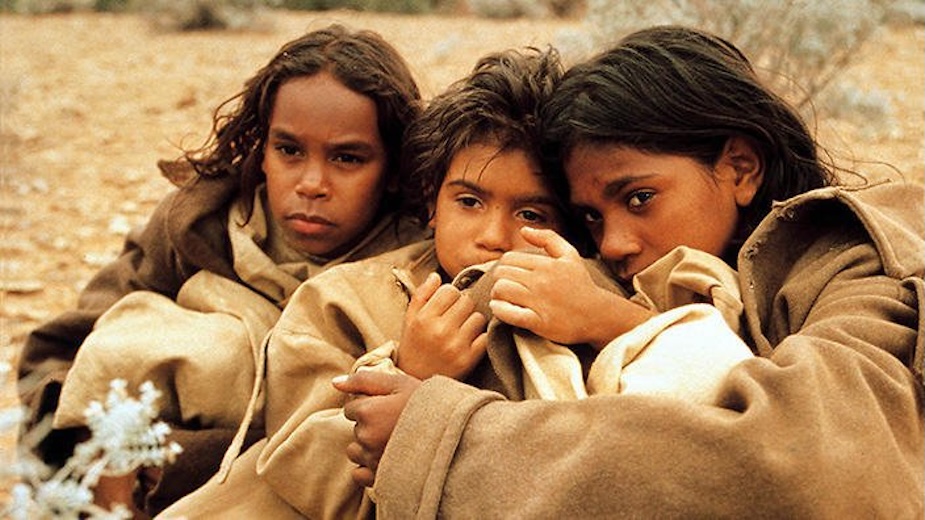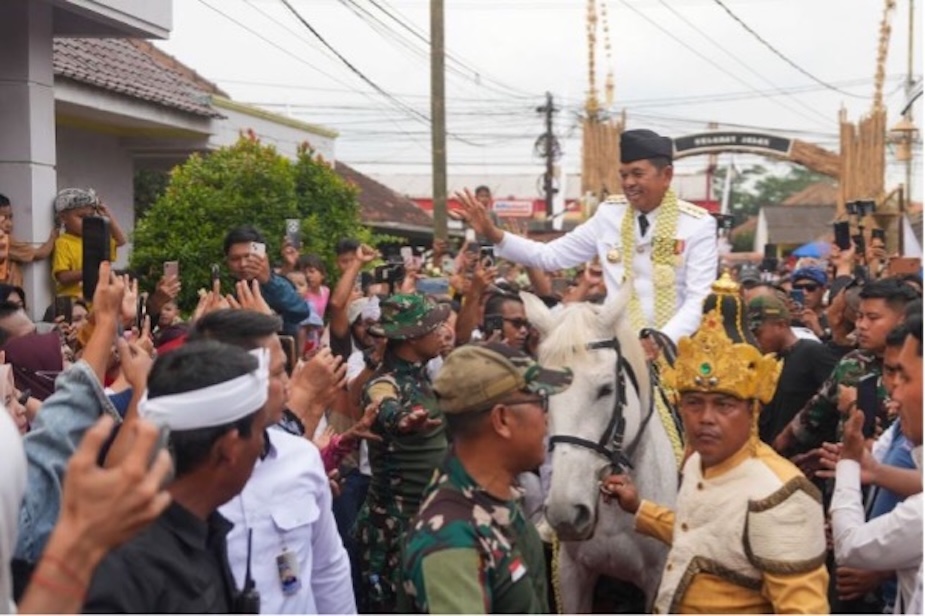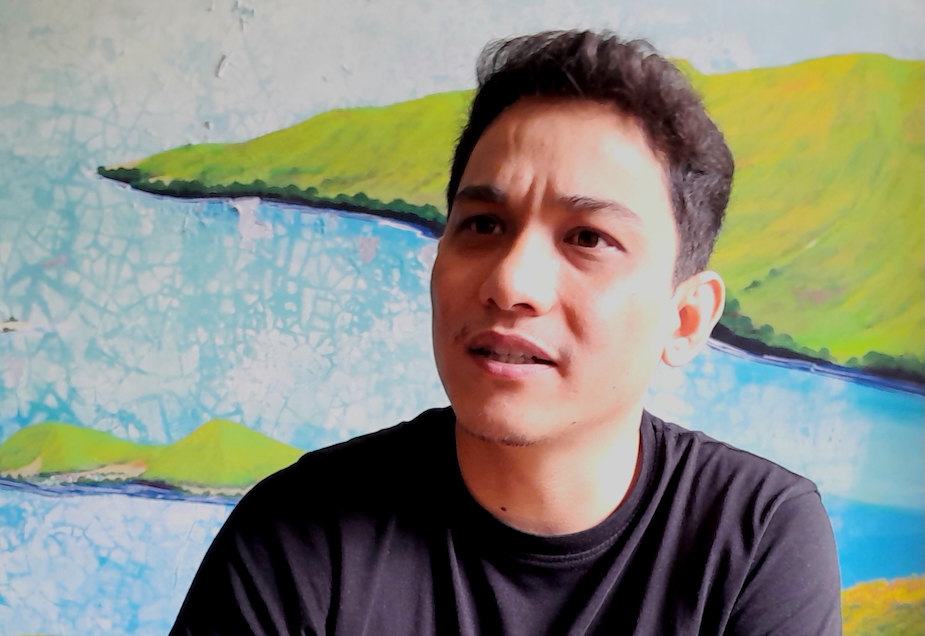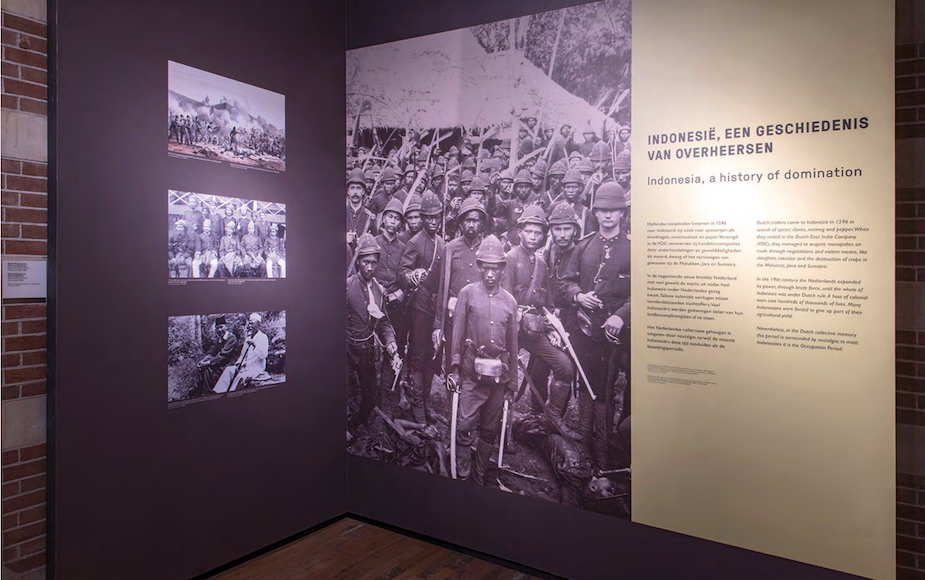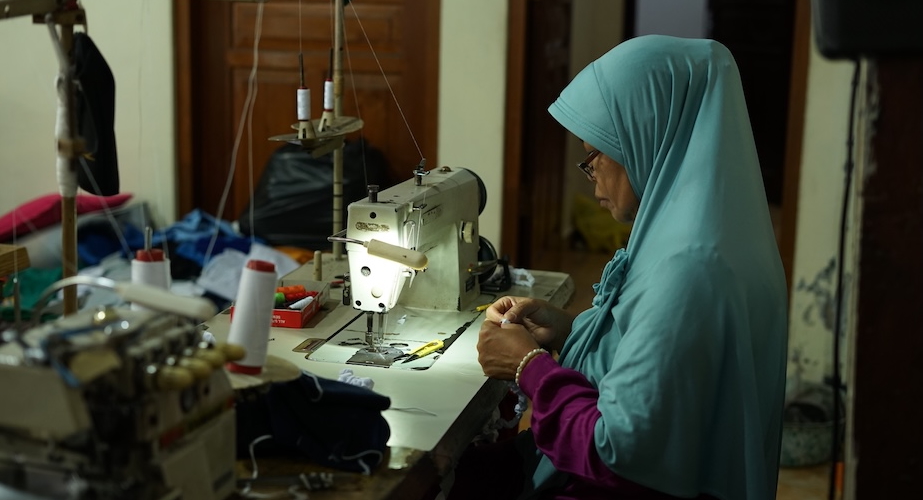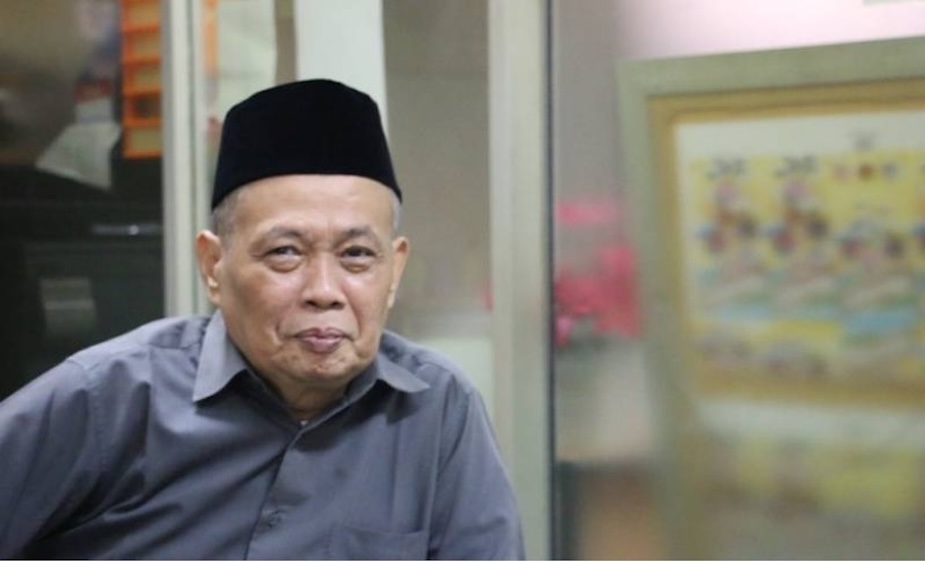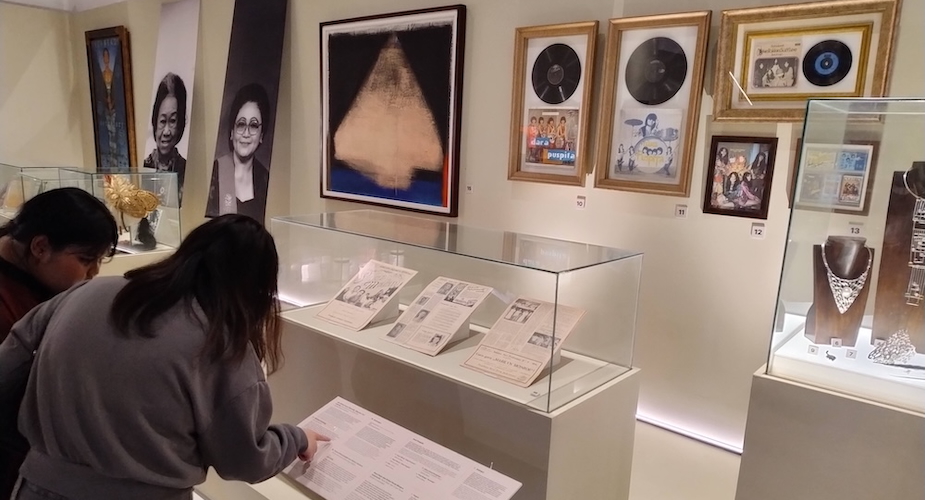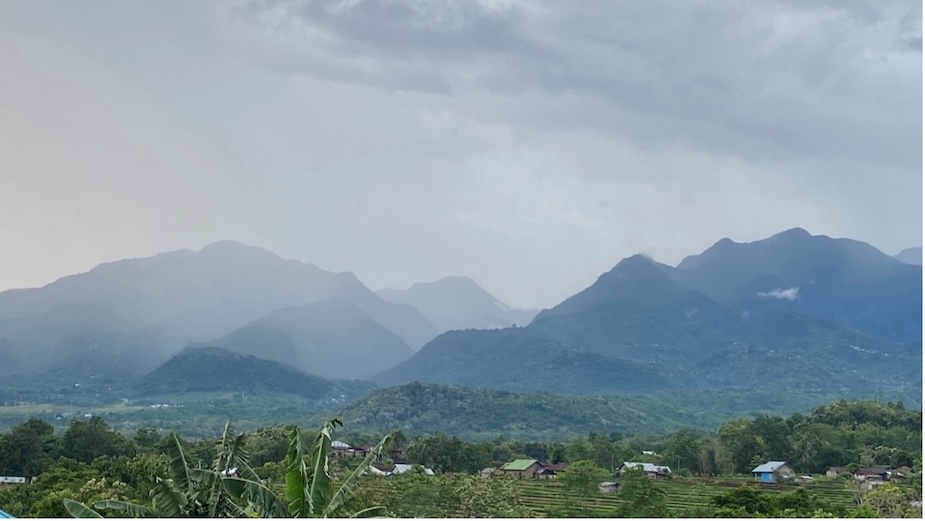As this edition shows, the choices faced by those who leave Indonesia for work are anything but simple
Michele Ford and Wayne Palmer
Over 6 million Indonesians are employed overseas, where most toil as domestic workers, labour on construction sites and in factories or chauffeur their bosses around. Unlike the relatively small number of Indonesian professionals who find work in metropolitan capitals throughout the world, these semi- and unskilled migrant workers are concentrated mainly in Asia and the Middle East. They mostly hail from places where there are few or no attractive options for work. But there are also those who see labour migration as their only chance to experience what the outside world is really like. These migrant workers may or may not be recognised in their host countries, depending on how they get there and what happens after they arrive.
Regardless of their initial intentions, prospective migrant workers are first faced with the challenge of how to obtain access to work abroad. Once they've found someone to link them with a potential employer, the next question is 'what will my boss be like', followed by a series of complex feelings about whether or not they'll return as a success. Their ambitions of showing the people from their village how they've been able to make it despite the odds are key to understanding why they decide to leave their friends and family. The desire to succeed in fact is so strong that they are not deterred by stories about the obstacles they'll face or tales of others who have tried and failed.
The first three articles in this edition draw our attention to state procedures and ways around them. Wayne Palmer and Nurul Ilmi Idrus focus on the important role played by middle-men, or calo, in the labour migration process. Our journey begins in two villages - one in Java and the other in Sulawesi - where migrant workers are recruited. Palmer explains how calo attract potential labour migrants by offering them 'pocket money', while Idrus describes the experiences of undocumented migrants who use the services of calo to cross the border at Nunukan in East Kalimantan to work on plantations in the Malaysian state of Sabah. Activist Alex Ong then offers a critical perspective on the outcomes of Indonesia's attempts at migrant worker diplomacy in Malaysia, where bilateral agreements have proved to be largely ineffective.
The second group of articles shifts our attention to questions of migrants' expectations and agency. Rosslyn von der Borch and Dahlia Gratia Setiyawan begin by describing the hopes and dreams of migrant workers - and the obstacles they face in achieving them - in two very different contexts. In the first of these pieces, von der Borch examines the role that 'luck' is seen to play in determining the experience of domestic workers while abroad, arguing that it both captures women's position of relative powerlessness and their capacity to shape their destiny through skilful accommodation of their employers' needs. In the second, Setiyawan explains how irregular labour migrants in Philadelphia, many of them ethnic Chinese, jockey and strategise to achieve their American dream.
The remaining three articles focus on collective action and advocacy. Robert Tierney reminds us of the importance of collective action in his account of Indonesian fishers' responses to their poor working conditions on fleets operating out of Taiwan. Michele Ford and Wahyu Susilo then describe how NGOs came to be the principal advocates of migrant worker rights over the last two decades in Indonesia itself. Eni Lestari then rounds out the collection with a personal insight into why she migrated and how she learnt to organise while employed as a domestic worker in Hong Kong.
As these articles remind us, migrant workers - especially the low-skilled ones described here - face significant challenges throughout their time abroad. Entirely dependent on the goodwill of their hosts, they use their wits to negotiate the best possible working arrangements or, if all else fails, the best way out of a bad situation. Just leaving Indonesia requires cunning to navigate through, or around, the state migration program. At both ends - and in the middle - migrant workers' lives are fraught with risks involving not only time and money, but also personal safety because they lack the resources and education needed to achieve the easy international mobility that white collar migrants may take for granted. As this edition shows then, there is nothing simple or straightforward about becoming a migrant worker.
Michele Ford (michele.ford@sydney.edu.au) chairs the Department of Indonesian Studies at the University of Sydney, where she teaches about social activism and human rights in Southeast Asia.
Wayne Palmer (wayne.palmer@sydney.edu.au) is a PhD candidate in the Department of Indonesian Studies at the University of Sydney, where he is researching illegal practices in Indonesia's labour export program.





